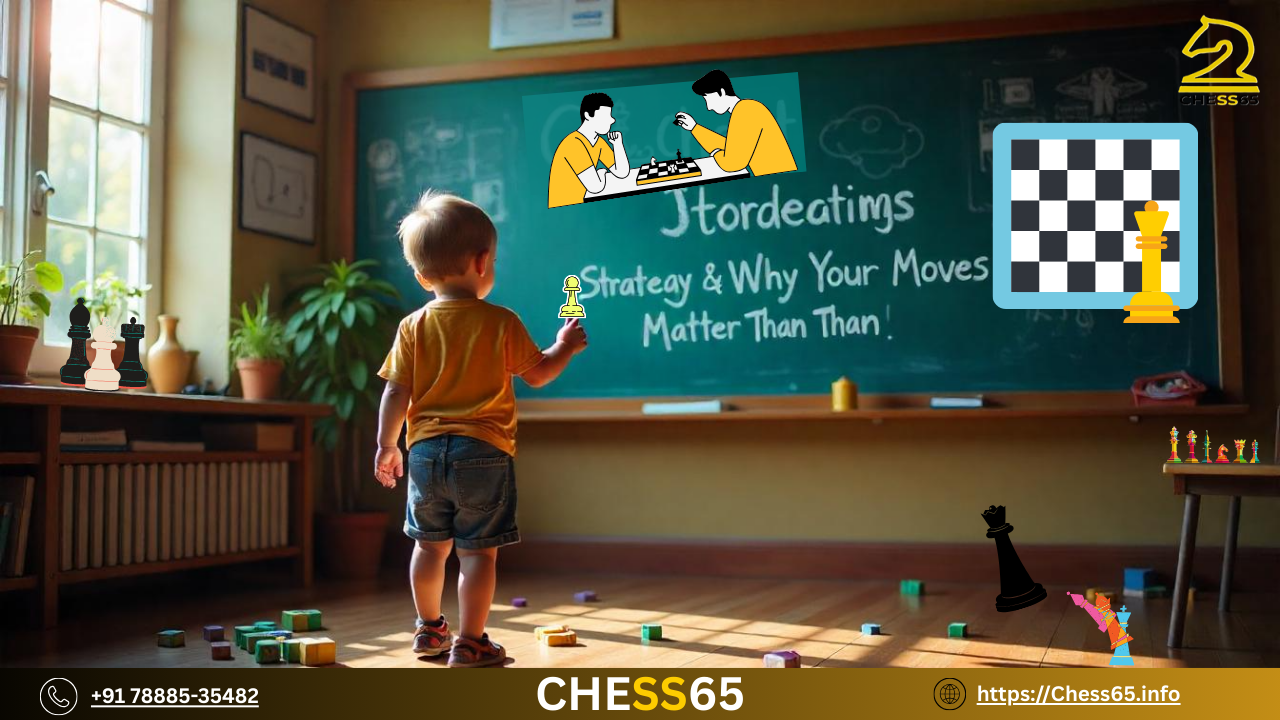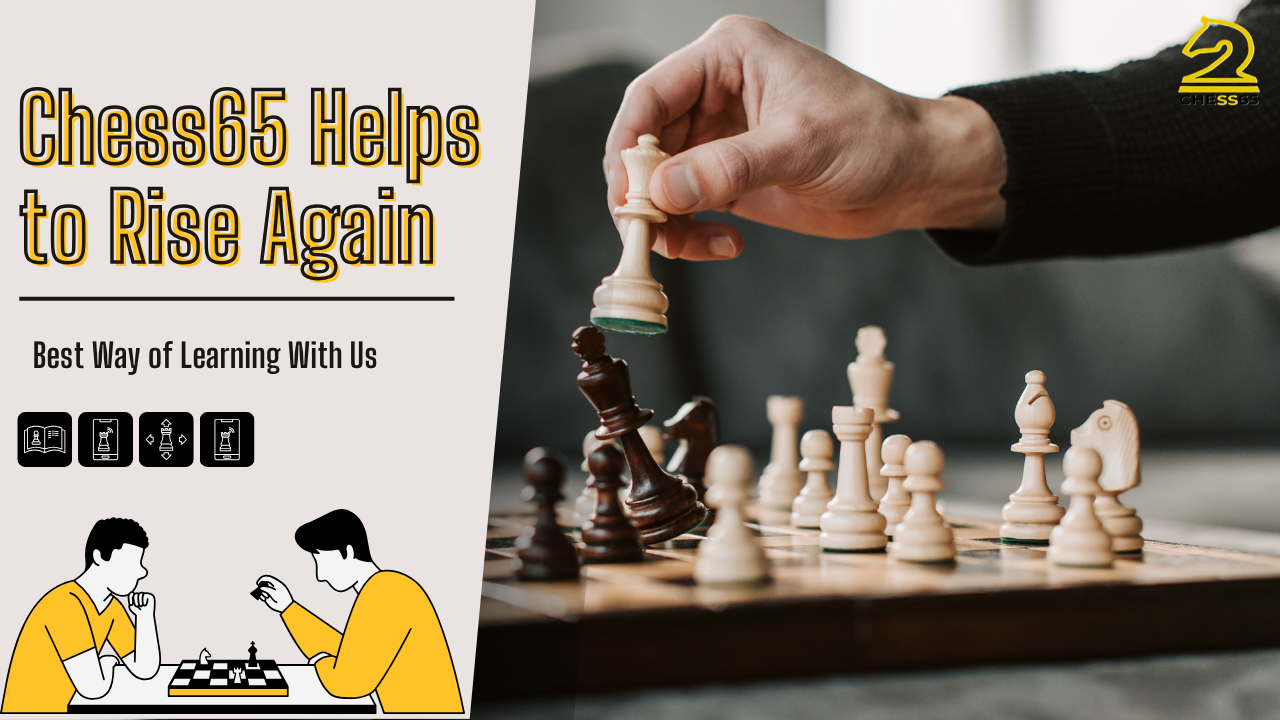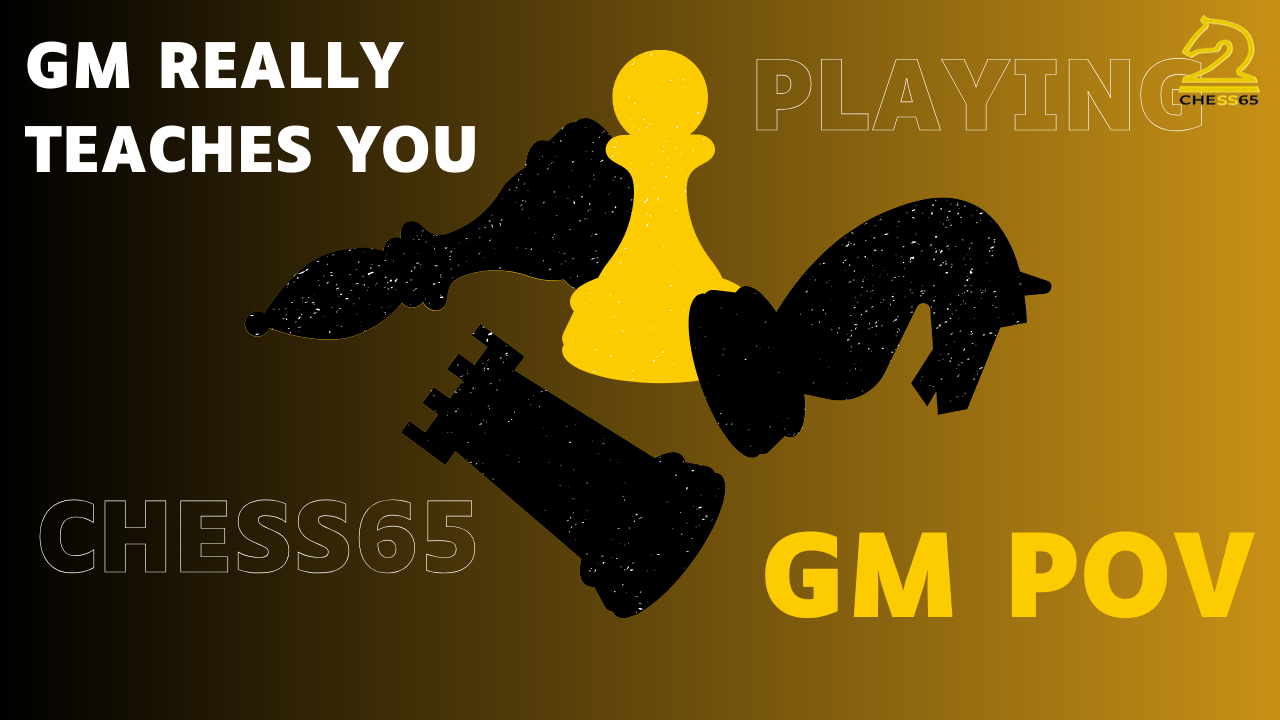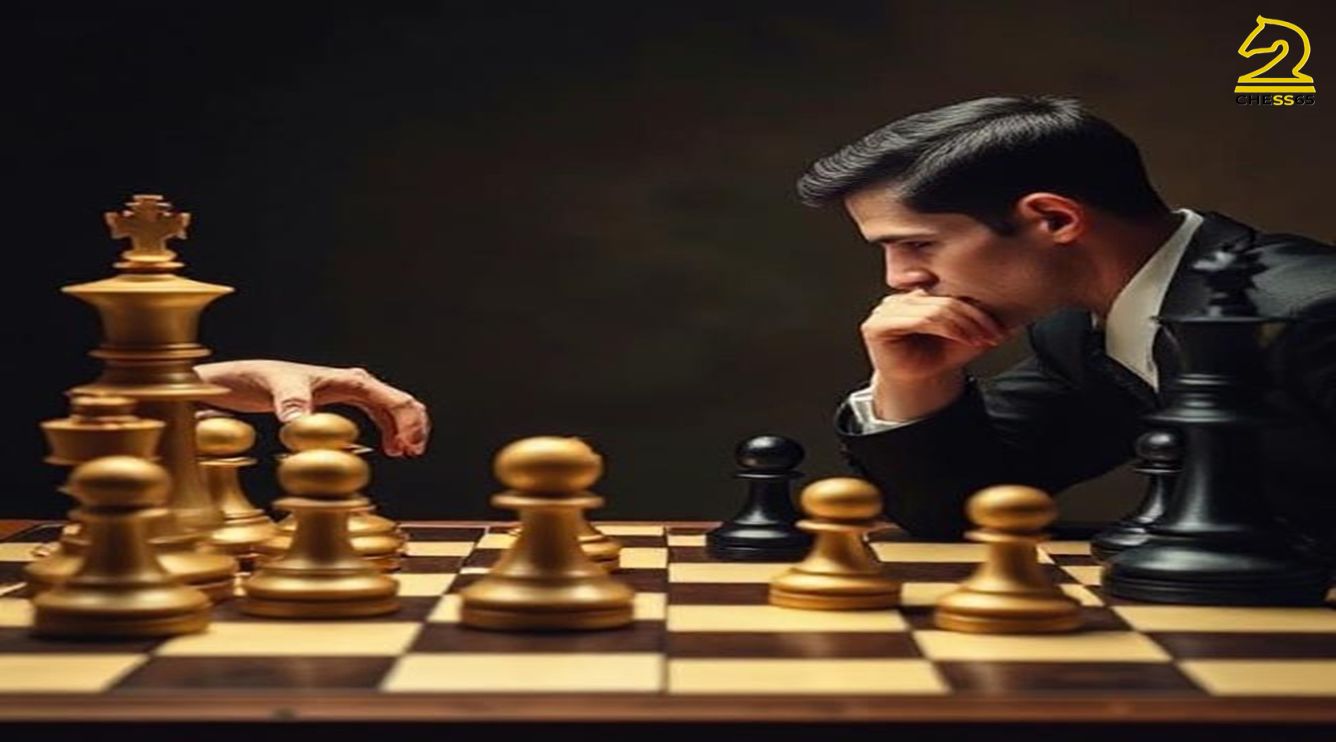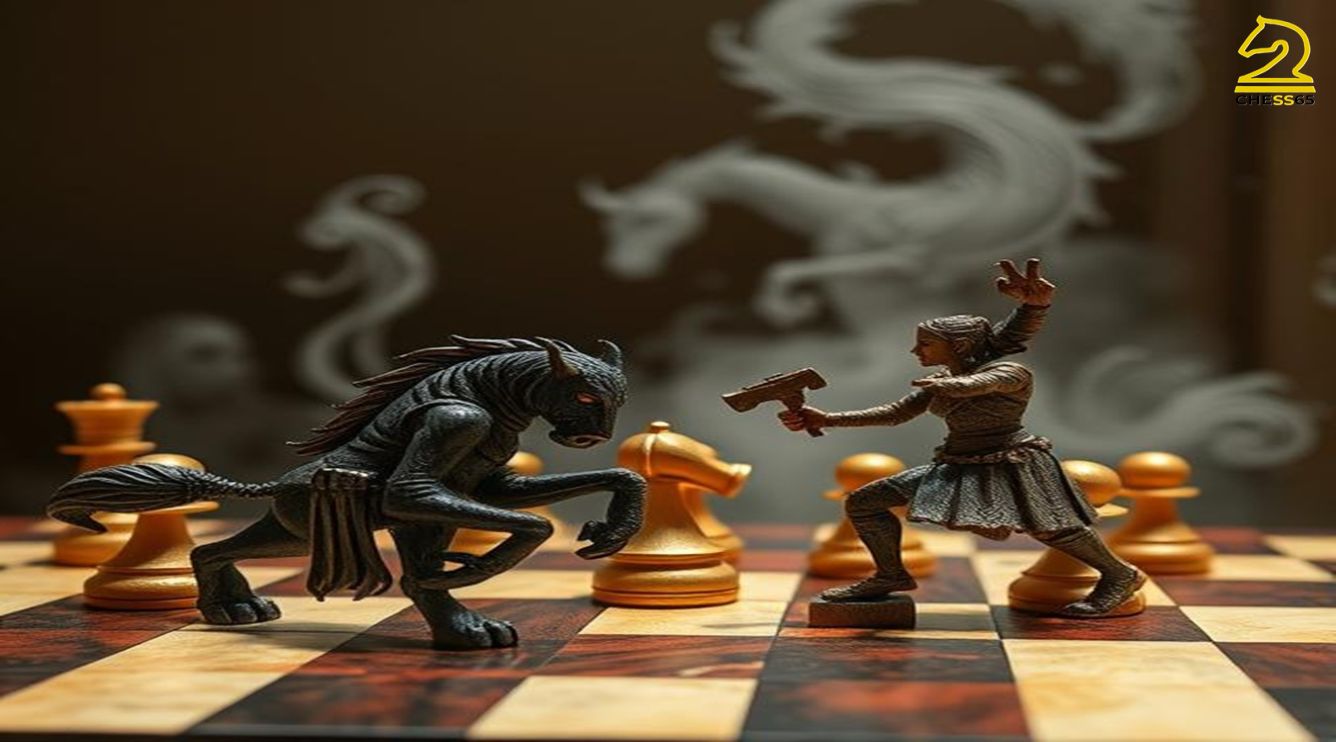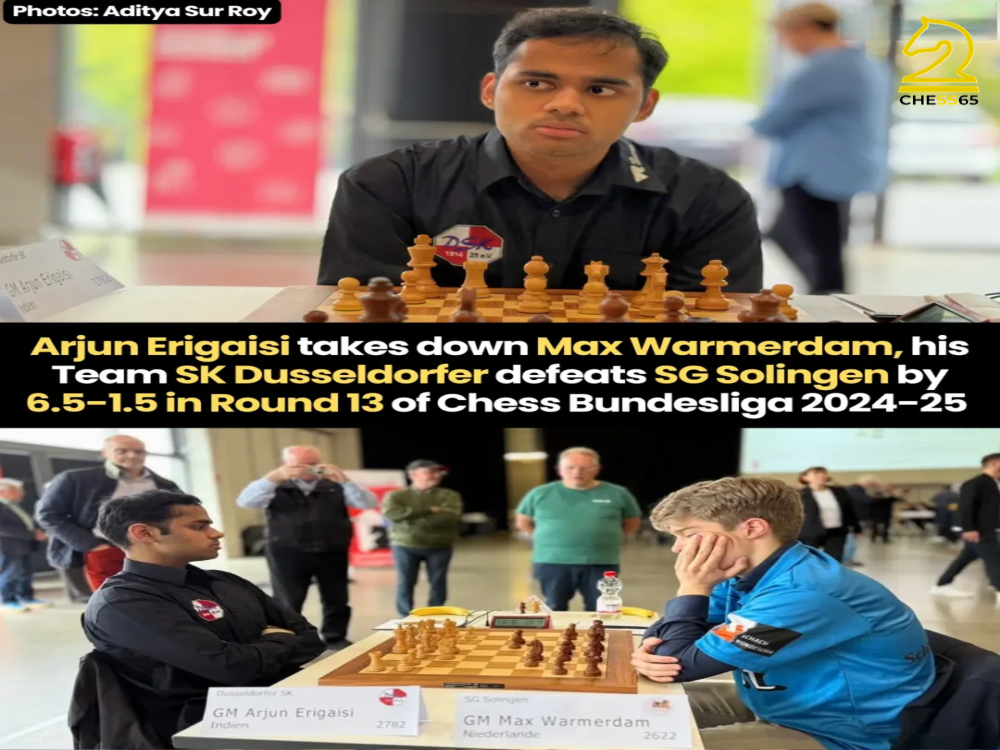The 5-Point Power Check: How Chess65 Evaluates Every Position
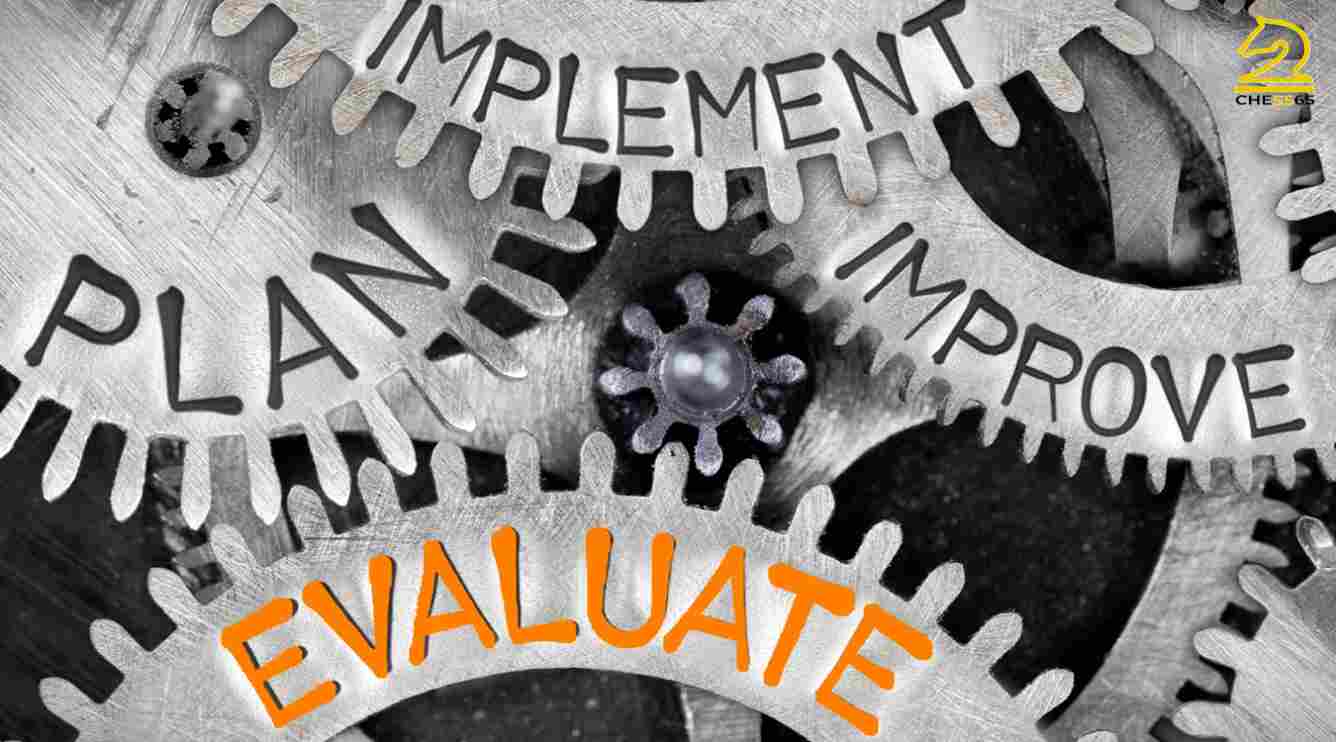
Chess65 says evaluating a chess position is like reading a story in motion. Every move adds a new chapter, and understanding what’s happening on the board helps you find the right direction — just like having a map in a forest.
To make strong decisions, Chess65 always checks five important elements:
1. King Safety
Chess65 says: "A safe king is a calm mind."
Before planning any attack or defense, check:
-
Is your king exposed to checks or threats?
-
Are there open files or diagonals leading to it?
-
Has castling helped or hurt your king’s safety?
A king in the center during the middlegame can be a magnet for tactics. Meanwhile, castling into a storm (like castling kingside against a queen-and-bishop battery) can invite trouble. Be smart — protect your monarch!
2. Material
Chess65 says: "Count what you’ve got, but think deeper."
Material is not just about numbers — it’s about value, coordination, and compensation.
-
Are you ahead or behind in material?
-
Is there an imbalance like two rooks vs. a queen?
-
Can you convert your material edge or use activity to compensate for a deficit?
Being a pawn up means little if your opponent’s pieces are dancing around yours.
3. Piece Activity
Chess65 says: "Active pieces win games."
This is where strategy meets freedom.
-
Are your pieces doing their job?
-
Are they targeting key squares or just stuck defending?
-
Can you improve their placement?
Chess65 always checks if rooks are on open files, bishops have room to breathe, and knights are eyeing juicy outposts. Don’t just have pieces — use them!
4. Pawn Structure
Chess65 says: "Your pawns write the story of the game."
Pawns define everything — open files, weak squares, even future plans.
-
Do you have pawn weaknesses (isolated, doubled, backward)?
-
Are your pawns flexible or frozen?
-
Can you create a passed pawn or fix enemy weaknesses?
Strong structures support your plans. Weak ones? They’ll haunt you in the endgame.
5. Space
Chess65 says: "The more room you have, the more plans you can make."
Space is like breathing room for your pieces.
-
Are your pieces cramped or comfortably placed?
-
Do you control the center or key wings?
-
Is your opponent struggling to move?
Having more space often means easier maneuvering and faster attacks. But remember: grabbing too much space without support can backfire.
So… What’s the Evaluation?
Chess65 always asks:
“Is my king safe?
Am I ahead in material?
Are my pieces working together?
How’s my pawn structure?
Do I control enough space?”
When you regularly check these five factors, the board starts speaking to you. You’ll know whether to attack, defend, exchange, or reposition — and that’s when your chess truly grows.

